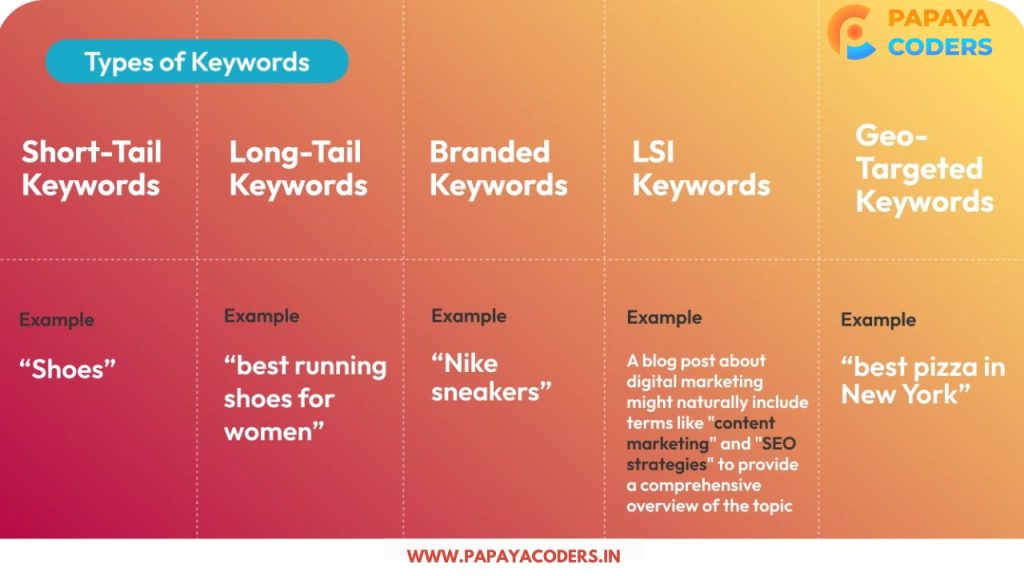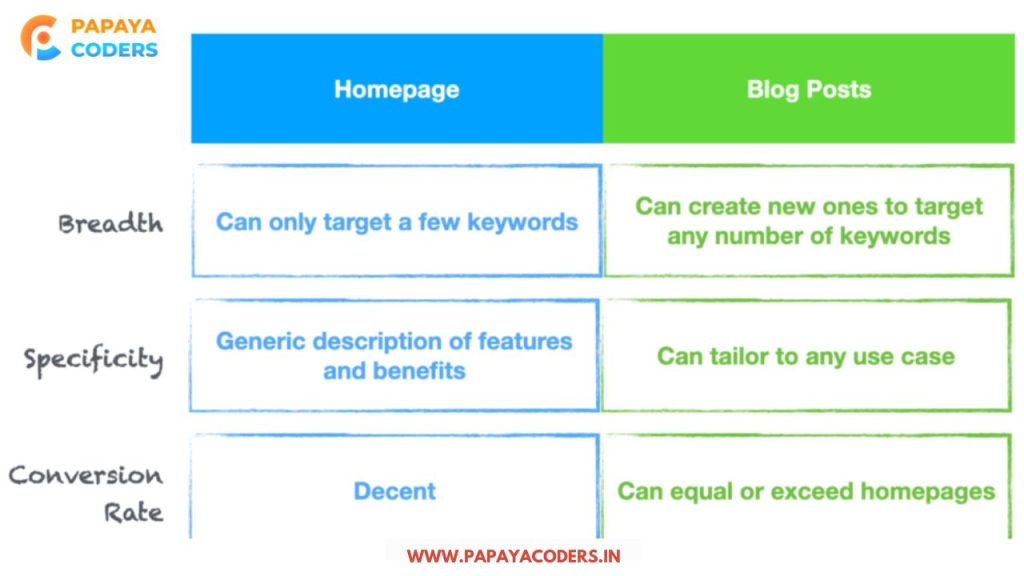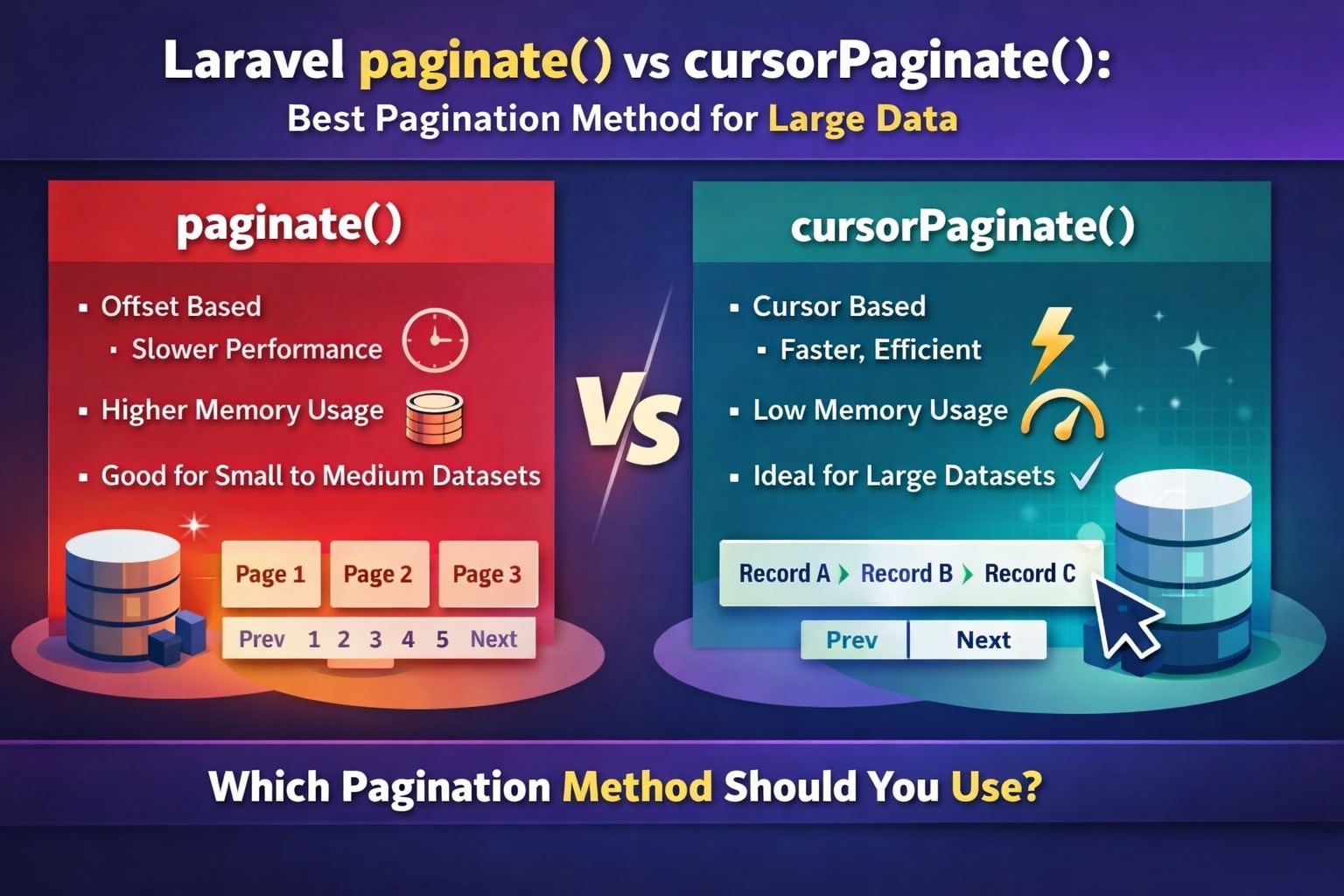Your online success might start with just a single word. Keywords in content marketing drive every aspect of digital strategy today, yet most folks waste their money creating content nobody ever finds.
Your website could offer world-class products or services, but without the right keywords in content marketing, potential customers may scroll past you. This guide shows the exact steps to identify, place, and track keywords that bring actual paying customers to your business.
What Makes Keywords So Powerful

Keywords serve as small bridges between what users enter into search boxes and your online content. These words allow search engines to match people’s needs to websites offering solutions.
Your target users often enter specific search terms when seeking products or information online. If you want these users to visit your pages, these search terms become prime targets for your content strategy.
Search engines today focus their whole business model on connecting users to relevant content. Your website needs these keyword signals to show search engines what topics your pages cover.
The magic happens when your pages match the user intent behind these searches. Your content appears in front of search engine users who might become future customers or clients.
Different Types of Keywords Worth Targeting
Keywords fall into several major categories and serve unique purposes for businesses. Depending on your goals, your strategy might focus on different types.
Short keywords usually catch broad topics with a large search volume. These terms might bring large traffic numbers but often lower conversion rates due to their general nature.

Consider these keyword categories:
- Short-tail (1-2 words, high competition)
- Long-tail (3+ words, lower competition)
- Local keywords (geographic terms included)
- Commercial keywords (buying intent signals)
- Informational keywords (question-based searches)
Long-tail keywords often yield better results for newer websites. Although these terms bring fewer visitors, those users usually show more apparent intent and better conversion rates.
Industry-specific terms work great for specialized businesses. Your niche might have technical terms that attract highly qualified prospects already familiar with your field.
Finding Prime Keywords Without Expensive Tools
Keyword research in content marketing seems scary until you break it into simple steps. Your small business needs practical approaches without wasting money on fancy tools.
Google offers several free features that reveal valuable keyword insights. The first option is the autocomplete feature, which shows standard search terms as you type.
Related searches appear below the search results on every query. These terms often present lateral keywords in content marketing ideas you might never think about otherwise.
Free tools exist that expand these basic research methods. Programs like Google Keyword Planner, which shows search volume data, might benefit your marketing.
Social media platforms reveal trending topics related to your industry. These trends often signal rising interest in specific keywords before they become competitive.
Follow these basic steps:
- Write down your main business offerings
- List problems your products solve
- Check what Google suggests when typing these phrases
- Note what competitors rank for already
- Track monthly search volumes when possible
- Assess competition levels for each term
Start collecting these terms in spreadsheets for later reference. Your keyword library will grow more valuable as you track performance data.
Strategic Keyword Placement in Content
Finding great keywords means nothing without proper implementation. Your content needs these terms placed where search engines and humans notice them.
Title tags require your main keyword to be near the front. These HTML elements carry significant weight with search algorithms and appear in search results.
Headers should naturally include secondary keywords. This approach benefits your content organization and sends relevant signals to search engines.
The first paragraphs need early keyword mentions without feeling forced. Your introduction sets the tone for readers and search crawlers analyzing your content.
Keywords should be present in body content at a roughly 1-2% density. Your writing should flow naturally while incorporating these terms throughout longer pieces.
Keywords in alt text descriptions benefit images. These elements help visually impaired users while giving search engines context about your media.
Meta descriptions should include keywords where natural. Your search result snippets often determine whether users click through or scroll past.
Read also;-
Avoiding Common Keyword Mistakes

Many websites crash their rankings through simple keyword errors. Your strategy should avoid these harmful practices that drive away both users and search engines.
Keyword stuffing ruins content quality almost immediately. Your pages should never sacrifice readability just to increase keyword density beyond natural levels.
Irrelevant keywords mislead users and damage trust. Your content topics should align perfectly with the keywords you target rather than trying to rank for unrelated terms.
Ignoring user intent behind keywords wastes traffic. Your content must deliver what users expect when they search for specific terms, not just what you want to sell.
Neglecting to track keyword performance leaves money on the table. Your strategy requires regular review to see which terms actually bring converting visitors.
Building Content Around Keywords That Convert
Keywords should guide content creation from start to finish. Your editorial calendar might be organized around high-value terms that attract qualified prospects.
Topic clusters work by grouping related keywords. Your website structure benefits from this organization that signals topical authority to search engines.
Competitor analysis reveals content gaps worth filling. Your strategy might target keywords where current results leave user questions unanswered.
User questions make excellent content frameworks. Your articles that directly answer common industry questions often perform well in search results.

Conclusion:-
Keywords in content marketing form the foundation of effective strategies today. Your business success online depends largely on connecting with users through these critical search terms.
Start small by identifying just five high-potential keywords in content marketing related to your core offerings. Content built around these terms creates a strong foundation for expanding your online presence.
Businesses that master keyword strategy gain massive advantages over competitors who still create random content. Keyword mastery puts your messages directly in front of people actively seeking what you offer.








